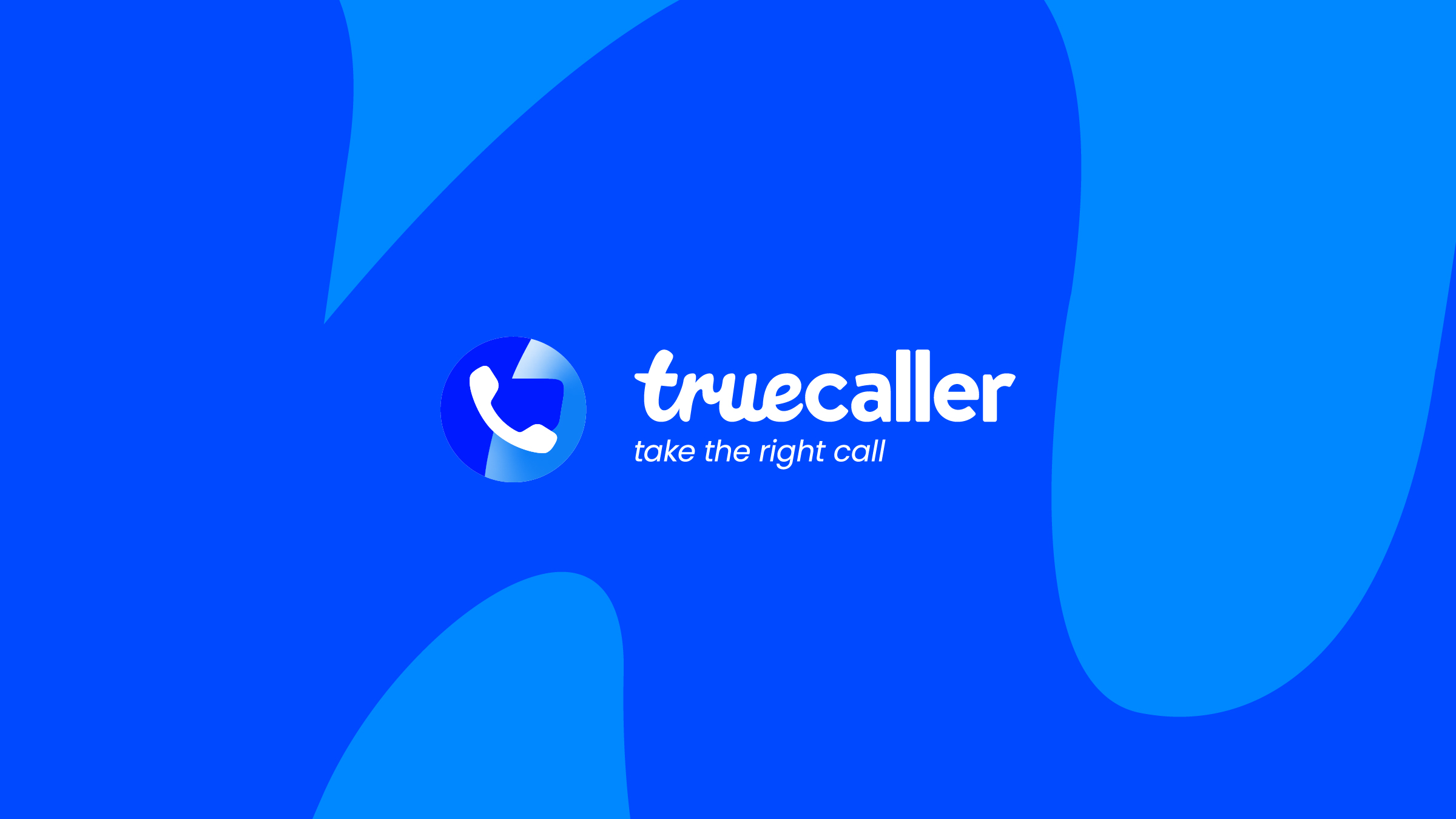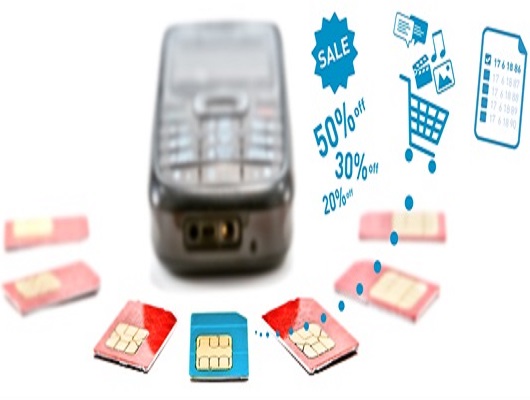Technology
African Leaders Urged To Invest More In Technology


By Dipo Olowookere
The annual Senior Experts Dialogue on Science, Technology and the African Transformation Agenda continued in South Africa Thursday with participants agreeing on the need for local government leaders across the continent to ramp up investment in technology and innovation to drive growth in cities, particularly at municipal level.
African innovators attending the SED 2016 believe that innovation needs to start at municipal level where governments engage directly with communities.
“It is good to talk about hubs of innovation in cities but hubs of innovation in dysfunctional cities will not work,” said Stellenbosch University’s Professor Mark Swilling.
He said from a governance point of view, most cities in Africa were dysfunctional with congestion, energy, water cuts and related issues that could hamper the progress being sought after.
“But from a people point of view, we have extraordinary abilities so the key to survival in African cities is how we learn and learn and re-learn in the blink of an eye to adjust, shift, take an opportunity and innovate. Africa has the extra-ordinary capacity for innovation but we have to love ourselves, our culture and capacity first rather than look elsewhere because we can do this,” said Mr Swilling.
SED 2016 seeks to identify key elements and issues, based on local experiences, that African governments, along with their international development partners, can take into account in formulating action plans to turn their cities from manufacturing and trade hubs into innovation hubs and centres.
Participants emphasised the need for increased development of infrastructure for information communication technology (ICT) in order to empower the continent’s millions of young people.
While the world embraces the Internet of Things, African youth cannot be left behind, they agreed with Gideon Adogbo, Advisor and Special Assistant in the Office of the Head of Civil Service of the Nigerian Presidency, telling experts and representatives of member states attending the SED that without investing in the youth, Africa will lag behind in the ICT arena.
“Innovation must be turned into money or should help cities save money,” he said, adding over 152 million Nigerians were connected to the internet through their GSM phones creating huge opportunities for innovators.
Speaker Jonathan Muringani said African cities should be proactive in having the right policies that give innovators direction.
“Beyond a policy perspective, cities must move towards a management perspective and say how do we go about it and the how goes beyond just writing and talking about it into doing, identifying challenges that must be addressed, identifying needs of the citizens but also involving citizens in the process of innovation,” Muringani said.
Innovation, he said, should be sustainable, inclusive, ethical, responsive and futuristic, aiming to improve the quality of lives of the ordinary people otherwise it would not be worth it.
SED 2016 is expected to produce a policymaker’s guide and recommendations for consideration and adoption by African governments, their development partners and the private sector; a research and analytical report on “Cities as Hubs of Innovation in Africa” and policy briefs and working papers on STI on the continent.
SED, an initiative of the ECA, is being hosted by the Department of Science and Technology in South Africa. The initiative is designed to support Member States to harness STI to drive their economies
Experts from 21 African countries are attending the SED 2016. South African metros such as the Cities of Tshwane, Johannesburg and Cape Town are also attending.
Technology
Truecaller, AnyMind Group to Expand Direct Sales Footprint

By Modupe Gbadeyanka
The leading global communications platform, Truecaller, now has a strategic direct sales reseller partnership with AnyMind Group, a Business-Process-as-a-Service company for marketing, e-commerce and digital transformation.
Under this partnership, AnyMind Group will serve as the exclusive intermediary for Truecaller’s advertising inventory across Egypt, UAE, Qatar, Saudi Arabia, Israel, Ghana, Nigeria, Morocco, Malaysia, Singapore and Vietnam.
The scope of the partnership is focused specifically on enabling brands and agencies to leverage Truecaller’s premium ad formats to reach highly engaged, high-intent users through relevant, data-driven advertising solutions.
Through this collaboration, Truecaller will accelerate its direct advertising business across the Middle East & North Africa (MENA) and Southeast Asia (SEA) regions.
With a strong on-ground presence and established relationships with leading advertisers and agencies across MENA and SEA markets, AnyMind Group brings deep regional expertise that will support the scaling of Truecaller’s advertising footprint locally.
The partnership is designed to empower brands with impactful placements on Truecaller’s trusted communications platform, helping drive meaningful engagement with users in these fast-growing digital economies.
“As Truecaller continues to expand its global advertising business, partnerships with strong regional players like AnyMind Group are critical to delivering localised expertise and measurable outcomes for advertisers.
“MENA and Southeast Asia represent high-growth markets with evolving digital maturity, and through this collaboration, we aim to bring brands closer to consumers via trusted and contextual communication experiences on our platform,” the Vice President and Global Head for Truecaller Ads Business, Hemant Arora, said.
Also, the Managing Director for Growth Markets at AnyMind Group, Aditya Aima, said, “We are excited to partner with Truecaller to open its inventory to brands across MENA and Southeast Asia. With Truecaller’s scale and trusted user ecosystem, combined with our market depth and networks, we see strong potential to drive more relevant, high-impact advertising outcomes for advertisers looking to deepen engagement in these dynamic markets.”
Technology
Capillary Technologies Acquires SessionM from Mastercard

By Modupe Gbadeyanka
A software product company established in 2012, Capillary Technologies India Limited, has acquired the customer engagement and loyalty company, SessionM, from Mastercard.
This followed a definitive agreement signed by the global leader in AI-powered customer loyalty and engagement solutions with the renowned digital payments firm.
The acquisition of SessionM is the latest in a series of strategic moves by Capillary, following its successful listing on the Indian Stock Exchange in November 2025.
With SessionM in its portfolio, Capillary reinforces its position as a global leader in enterprise loyalty, offering a leading platform to the world’s most sophisticated enterprise brands.
Mastercard has identified Capillary Technologies—consistently recognised as a Leader in The Forrester Wave as the ideal partner to lead SessionM into its next era of growth.
As part of the agreement, a specialised team within SessionM will transition to Capillary, ensuring that the platform’s deep technical expertise is preserved.
SessionM’s esteemed global customer base—which includes Fortune 500 retailers, airlines, and CPG brands—will continue to receive the same high-calibre support and service they experienced before the acquisition.
“M&A has been a key growth strategy for Capillary over the years, and as a public company, we are delivering on that promise to our shareholders and the market.
“By bringing SessionM into our portfolio, we are not just expanding our footprint across the globe; we are further strengthening our loyalty capabilities to deliver one of the industry’s most comprehensive offerings.
“Our mission remains to provide enterprises across industries with specialised, AI-native loyalty technology solutions,” the chief executive of Capillary Technologies, Aneesh Reddy, commented.
Technology
Emergent Ventures, Others Invest $2.2m in Potpie

By Dipo Olowookere
About $2.2 million pre-seed round to help engineering teams unify context across their entire stack and make AI agents genuinely useful in complex software environments has been announced by Potpie.
Potpie was established by Aditi Kothari and Dhiren Mathur, who were determined to unify context across the entire engineering stack and enabling spec driven development.
As generative AI adoption accelerates, most tools focus on surface-level code generation while ignoring the deeper problem of context.
Large language models are powerful, but without access to system-level understanding, tooling history, and architectural intent, they struggle in real production environments.
Traditional approaches rely on senior engineers to manually hold this context together, a model that breaks down at scale and fails when AI agents are introduced.
The platform enables teams to automate high-impact and non-trivial use cases across the software development lifecycle, like debugging cross-service failures, maintaining and writing end-to-end tests, blast radius detection and system design.
It is designed for enterprise companies with large and complex codebases, starting at around one million lines of code and scaling to hundreds of millions.
Rather than acting as another coding assistant, Potpie builds a graphical representation of software systems, infers behaviour and patterns across modules, and creates structured artefacts that allow agents to operate consistently and safely.
A statement made available to Business Post on Monday revealed that the funding support came from Emergent Ventures, All In Capital, DeVC and Point One Capital.
The capital will be used to support early enterprise deployments, expand the engineering team, and continue building Potpie’s core context and agent infrastructure, it was disclosed.
“As AI makes code generation easier, the real challenge shifts to reasoning across massive, interconnected systems. Potpie is our answer to that shift, an ontology-first layer that helps enterprises truly understand and manage their software,” Kothari was quoted as saying in the disclosure.
A Managing Partner at Emergent Ventures, Anupam Rastogi, said, “In large enterprises, the real challenge is not generating code, it is understanding the system deeply enough to change it safely.
“Potpie’s ontology-first architecture, combined with rigorous context curation and spec-driven development, creates a structured model of the entire engineering ecosystem. This allows AI agents to reason across services, dependencies, tickets, and production signals with the clarity of a senior engineer. That is what makes Potpie uniquely capable of solving complex RCA, impact analysis, and high-risk feature work even in codebases exceeding 50 million lines.”
-

 Feature/OPED6 years ago
Feature/OPED6 years agoDavos was Different this year
-
Travel/Tourism10 years ago
Lagos Seals Western Lodge Hotel In Ikorodu
-

 Showbiz3 years ago
Showbiz3 years agoEstranged Lover Releases Videos of Empress Njamah Bathing
-

 Banking8 years ago
Banking8 years agoSort Codes of GTBank Branches in Nigeria
-

 Economy3 years ago
Economy3 years agoSubsidy Removal: CNG at N130 Per Litre Cheaper Than Petrol—IPMAN
-

 Banking3 years ago
Banking3 years agoSort Codes of UBA Branches in Nigeria
-

 Banking3 years ago
Banking3 years agoFirst Bank Announces Planned Downtime
-

 Sports3 years ago
Sports3 years agoHighest Paid Nigerian Footballer – How Much Do Nigerian Footballers Earn

















